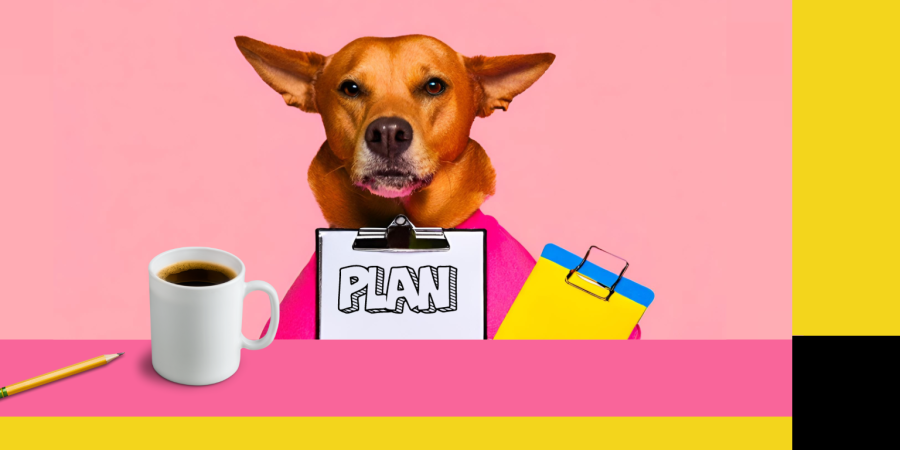If you’re experiencing some financial challenges, there are steps you can take to help manage your debts and begin to pay them off. With information adapted from the Financial Consumer Agency of Canada (FCAC), here’s some tips to help you make a plan to manage your debt.
It’s okay to ask for help with your debts
Depending on your situation, you may decide to make your own plan to manage your debt, which we will go over below. In other situations, it may be a good idea to seek out help from different professionals. If you’re trying to pay down debt and need help, don’t wait too long. Be proactive and get help when you need it. Compare different debt relief options in BC.
How to make a plan to manage your debt
With information from the FCAC, here are some steps to consider on your debt journey:
1. Make a list of your debts. Identify what you owe, the minimum payment, and the interest rate. You can use the FCAC’s Financial Goal Calculator to set savings goals and help manage your debt.
2. Review your budget. Review your budget, identify wants versus needs, and try to cut some expenses that aren’t necessary. You can use the FCAC’s Budget Planner to fine tune your budget.
3. File your taxes. File your taxes each year to get the benefits and credits you may be eligible for. You can also use the Benefits Finder to see what you’re eligible for.
4. Decide on a strategy. Set a time frame and determine which debts to pay off first – you may decide to choose debts with the lowest balance or those with the highest interest rates, like payday loans. Negotiate with your creditors to see what options you have. Can they extend your payments over a longer period to reduce your minimum payments or perhaps lower the interest rate? Close the accounts on paid off debts and consider using a secured credit card while you work to improve your credit.
5. Consolidate your debts. Consider applying for a loan with a lower interest rate than your other debts (put together) so you can use it to pay off your other debts. That way you only have one monthly payment. Ask your bank which debts you can consolidate.
6. Avoid taking on more debt. Try putting aside money for emergencies or your financial goals to avoid spending more than you make. Use your credit card responsibly and avoid “buy now, pay later” plans. Take steps to improve your credit score and get alerts from your bank to track when your accounts fall below a set amount.
7. Know where to get help. Be proactive if you’re having trouble managing your debt on your own. Learn which businesses are accredited or regulated, do your research on individual companies, and explore all your options to understand which one is the right fit for your situation. Compare debt relief options in BC.
Where to go for more information
Debt relief isn’t something we can help you with but there are other options to consider. The Financial Consumer Agency of Canada has lots of information about how to manage your debt and the different resources available.
You may also be interested in speaking to your financial institution or a financial advisor to see if they can offer you personalized advice on your financial situation.
About Consumer Protection BC
We’re a not-for-profit provincial regulator. The laws we oversee capture your rights when it comes to credit reporting, debt collection, payday loans, high-cost loans, and certain aspects of debt repayment services. Find out more about us and the other industries and transactions we oversee by exploring our website.
Learn more about your rights when it comes to debt and borrowing.
More debt and borrowing resources
Managing debt
How to make a plan to manage your debt
Your debt relief options in BC
The impact of debt on your credit report
How to improve your credit score
How to build healthy financial habits
Debt collection
How to stop collection calls
What to do if it’s not your debt
The rules debt collectors must follow in BC
How to dispute a debt
Borrowing wisely
Things to think about before you take out a loan
Understanding the cost of your loan
The rules for payday lenders in BC
The risks of borrowing money from unlicensed lenders
Buy now, pay later plans: what you need to know
Tell us what you think for a chance to win!
The information above is part of a consumer education initiative on debt and borrowing in BC and we want your input!
By completing the survey, you will be entered to win one of two $300 prizes and you’ll support consumer education in the province. Your feedback will help us fine-tune our educational resources so we can continually improve and help more people make informed debt choices in BC.




